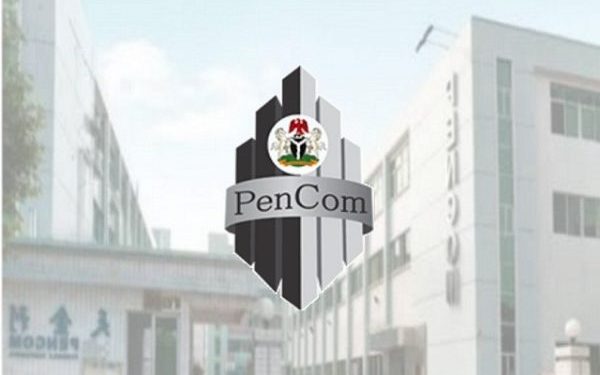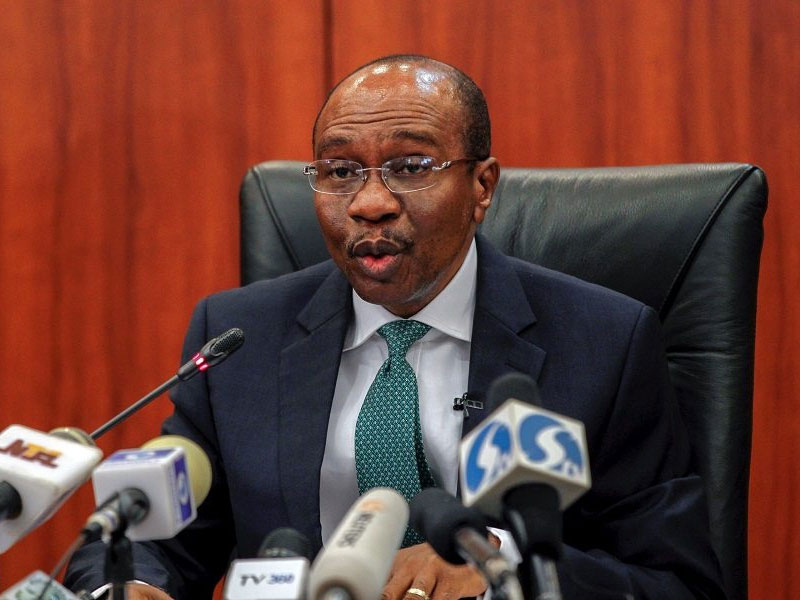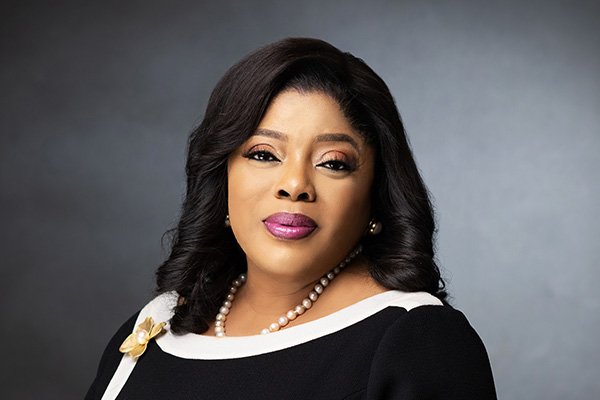Nigeria’s revenue to Gross Domestic Product (GDP) ratio is the lowest in the world, according to the World Bank.
Gatekeepers News reports that the Country Director for Nigeria, World Bank, Dr Shubham Chaudhuri stated this on Monday during a panel session at a virtual public sector seminar organised by the Lagos Business School (LBS).
The seminar was themed ‘Nigeria in Challenging Times; Imperatives for a Cohesive National Development Agenda’.
He said: “In Nigeria, I think the basic economic agenda is about diversification away from oil because oil has really been like resource curse for Nigeria on multiple dimensions.”
Chaudhuri noted that “Nigeria is a country with tremendous potential. If you look at the synopsis for this panel, it suggests that Nigeria is at a critical juncture – almost at the moment of crisis.
“Despite all of that, Nigeria is still the largest economy in Africa. So, just think about the potential that Nigeria has because of its natural resources, but more than that, because of its dynamism and all of its population. Nigerians are more entrepreneurial by nature.
“No country has become prosperous and realised its potential, eliminated poverty without doing two simple things: investing in its people, and unleashing the power of the private sector in creating jobs by investing and growing business. And then, of course, the basic function of the state is to provide security and law and order.”
On investing in people, he explained that it entails the provision of basic services, basic education, primary healthcare, nutrition, among others.
“On this, Nigeria at the moment ranks sixth from the bottom in terms of the human capital index that we produce every year.
“So, obviously, there is a huge agenda in terms of investing in human capital. Nigeria spends more on PMS (premium motor spirit) subsidy than it does on primary healthcare in a year, and we know who the PMS subsidy is benefitting.”
Gatekeepers News reports that Chaudhuri said despite the country’s huge potential to attract private capital, the non-oil part of the economy ‘is not growing that robustly and certainly not generating revenues that the government needs’.
He stressed the need for private investment for the country to realise its potential, noting that the private sector in the country “is struggling to breathe”.
He said, “So, we see as priorities investments in human capital. But for that, one needs revenues. And there again, Nigeria, unfortunately, has the distinction of having about the lowest revenue-to-GDP ratio in the world.
“The standard rule of thumb is that for government to provide the basic services and law and order, it needs between 15 to 20 per cent of GDP as being revenue, and this will be both at the federal and state levels combined.
“In Nigeria, it was eight per cent in 2019. In 2020, in the middle of the COVID-19 crisis and with the fall in oil prices, that went down to about between five and six per cent.
“So, domestic revenue mobilisation is huge. And then the third is enabling the space for private investment. You have to fix the power problem. Power is like the oxygen of an economy. In Nigeria, the private sector is struggling to breathe.”
On her part, the Minister of Finance, Budget and National Planning, Zainab Ahmed said the country’s revenue situation is very weak.
Represented by the Special Adviser to the President on Finance and the Economy, Dr Sarah Alade, the Minister expressed concerns over the issues of insecurity, poverty and unemployment in the country.
She said, “But there is also one issue, and that is the lack of revenue to be able to do as much as we want. But maybe we would be able to do if we all realise that the revenue situation in the economy is very weak. It is fragile.
“Whatever we can get, maybe there is a way we can come together to make sure that we are able to reprioritise what we spend this money so that we can then meet our national priorities.
“So, there are a lot of things, and I can only assure you that that is what we are doing. We have the medium-term development agenda, which we are in the process of implementing from 2021 to 2025. And within the five years, a lot of issues will be taken into consideration.”
On the issue of macroeconomic stability, Ahmed said, “Right now, the economy is weak, growth is fragile, but we are hoping growth will improve as we begin to look at the policies that we have on ground and do policy reforms to attract both local and foreign investments.”







